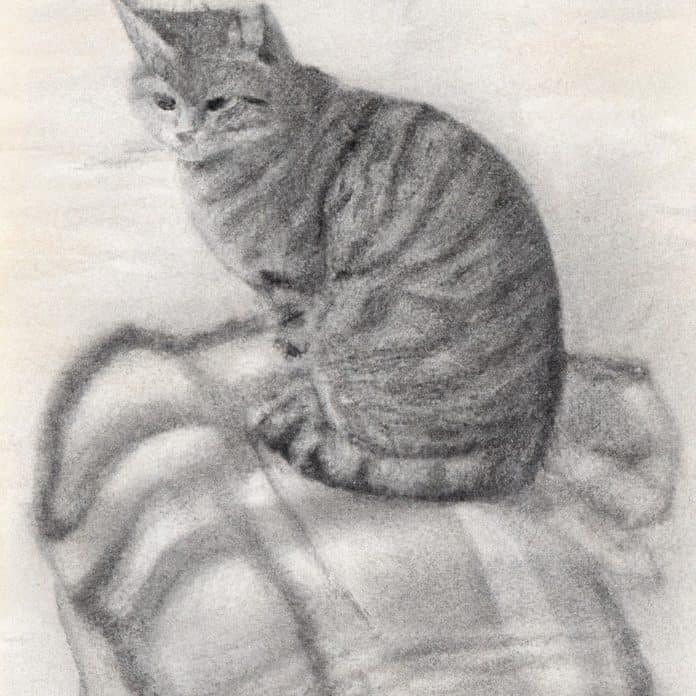Dear VetBabble: Why Does My Cat Have Blood in His Stool?
Hello and thank you very much for your question. I applaud you for taking such a proactive approach to your cat’s healthcare. There are many reasons that a feline can have blood in their stool, and this article will discuss some of these reasons and steps you should take. The three main sections will cover dietary and digestion issues, infections and parasites, and monitoring your cat’s behavior.
Dietary and Digestion Issues
One common reason for blood in a cat’s stool is dietary indiscretion or issues with digestion. Cats can sometimes eat something that doesn’t agree with their system, leading to irritation and bleeding in the gastrointestinal tract. This could be a reaction to a new food, or consuming something indigestible.
Moreover, constipation and hairballs can also cause bloody stools. Constipation makes it difficult for cats to pass stools, leading to straining and irritation in the intestines. Hairballs, on the other hand, can cause vomiting and inflammation in the digestive tract. To understand how to help your constipated cat and learn more about hairballs, check out these helpful articles, “How Do I Help My Constipated Cat?” and “Hairballs and Cats: What Should I Know?“.
Infections and Parasites
Infections or parasites are also common causes for blood in a cat’s stool. These can depend on many factors such as age, breed, and diet. Infectious diseases like salmonella or feline panleukopenia virus can lead to gastrointestinal distress and bloody stools. Intestinal parasites like roundworms or hookworms can also cause bleeding in the intestines.
If your cat is vomiting in addition to having blood in their stool, it’s essential to take them to the vet as soon as possible. Vomiting could be a sign of an underlying issue that needs immediate attention, such as liver disease. To learn more about why your cat might be vomiting and for information on liver disease in cats, visit these articles, “Why is My Cat Vomiting?” and “Liver Disease in Cats: Common Causes, Symptoms and What to Expect“.
Monitoring Your Cat’s Behavior
As long as your cat continues to eat, drink, and play normally, it’s reasonable to wait for 48 hours to see if the blood passes on its own. However, if the blood is still present in the stool after two days or if your cat’s behavior changes, you will need to take your cat to the veterinarian for a full physical examination. At the vet clinic, your veterinarian will be able to run diagnostic tests such as fecal analysis, so they can make a correct diagnosis.
If at any time during the next two days, your cat starts to feel or look sick in addition to the bloody diarrhea, we strongly urge you to see a veterinarian sooner. It is always better to be proactive in seeking professional care for your pet to ensure their health and well-being.
Thanks a lot for your question, and I hope I have helped provide insight into possible causes of blood in your cat’s stool and the necessary steps to take. Remember to consult your veterinarian for specific advice tailored to your cat and their unique circumstances.









